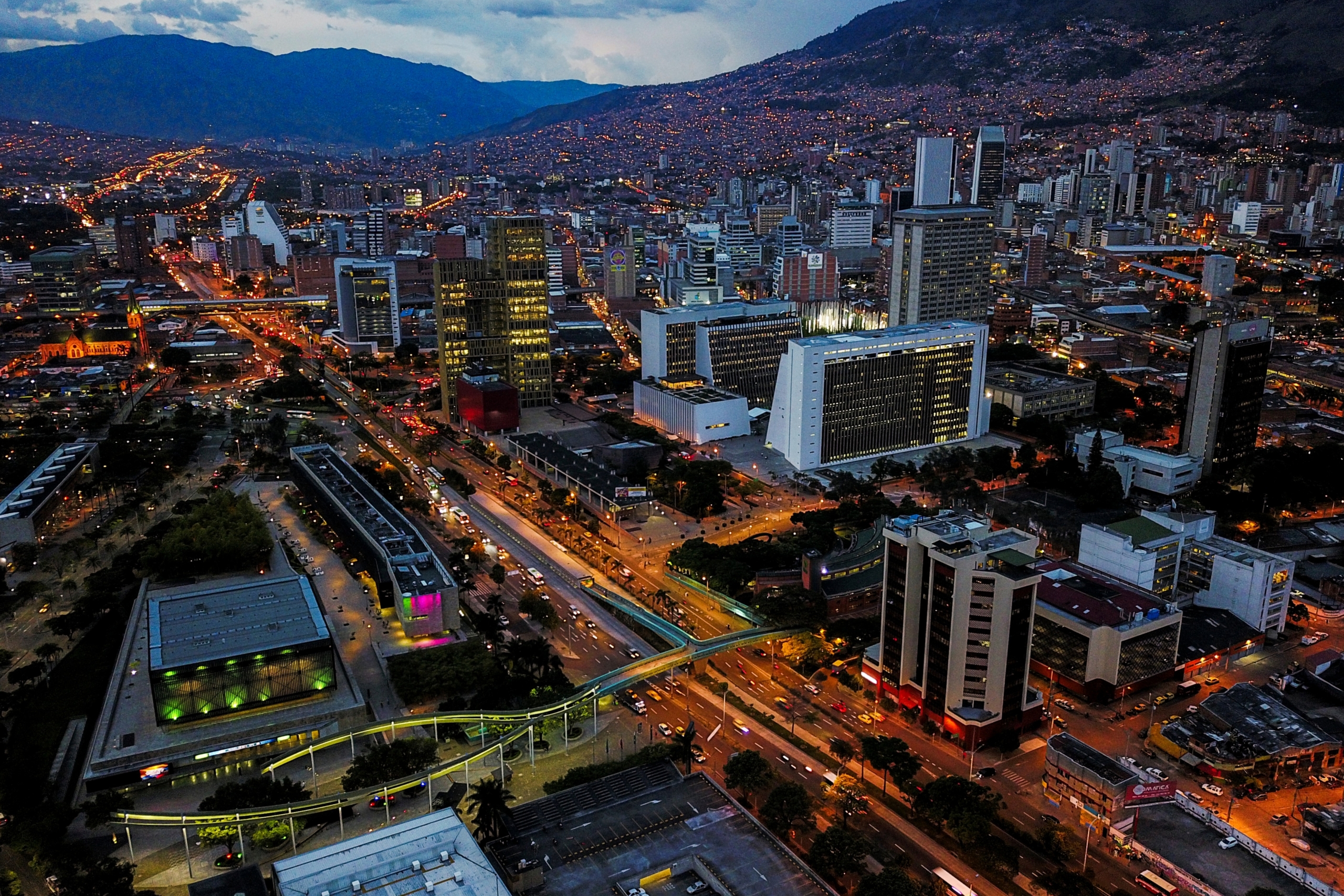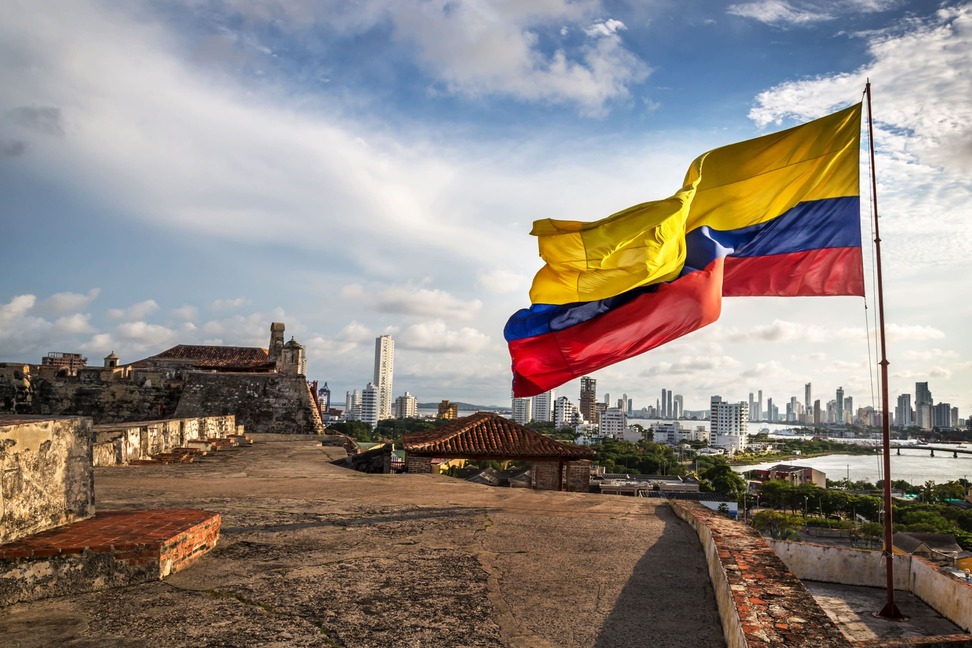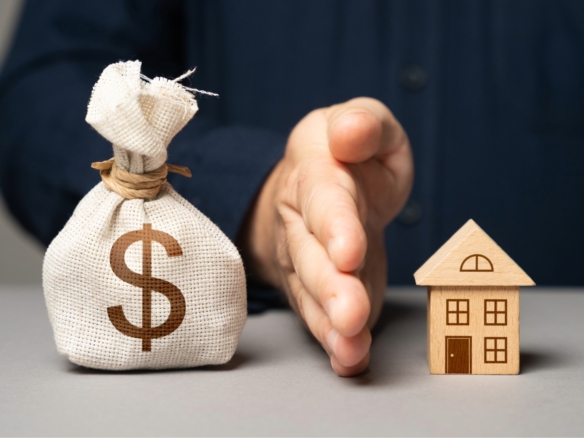Can Foreigners Own Property in Colombia? Top 2026 Investment Reasons
Yes—foreigners enjoy the same legal rights as locals to buy and own property in Colombia. Ownership is fully protected under Colombian law, with no restrictions based on nationality or residency, except for limitations on land near borders or coastlines which require special authorization.
Why invest 2026:
- Legal security and transparent property rights for foreign investors
- Attractive property prices compared to North America and Europe
- Promising rental yields in expat-friendly neighborhoods ideal for vacation homes, rental income, or permanent residence
- A growing economy and rising demand in major cities like Bogotá, Medellín, Cartagena, and popular coastal areas
Whether you seek a stable investment, a new lifestyle, or residency options through property ownership, this comprehensive guide will help you confidently navigate every legal and financial step involved in buying property in Colombia south america.
Key Differences vs. the U.S. or Europe
Buying property in Colombia differs from buying in the U.S. and Europe. There is no centralized MLS, no universal Realtor standard, and no escrow payment system. Listings are fragmented across agencies, online platforms, and private sellers, so working with a trusted local agent and a real estate attorney is essential for a secure and successful transaction.

Best Places to Buy Property in Colombia: Top Neighborhoods and Market Insights for 2026
Understanding local market dynamics is key to making a smart property investment in Colombia. Below is a summary of top neighborhoods to buy property across major Colombian cities, highlighting current price ranges per square meter and estimated long-term rental yields. This will help you identify high-potential areas aligned with your investment goals—whether for rental income, resale, or personal use.
| Neighborhood | City | Price Range (USD/m²) | Long-Term Rental Yield (%) |
|---|---|---|---|
| El Poblado | Medellín | $1,500–2,500 | 7–8 |
| Laureles | Medellín | $1,000–1,400 | 6.5–7 |
| Bocagrande | Cartagena | $2,200–3,100 | 5–6.5 |
| Usaquén | Bogotá | $1,600–2,300 | 7–8.5 |
| Chapinero Alto | Bogotá | $1,300–1,900 | 7–8 |
| Bello Horizonte | Santa Marta | $1,400–2,300 | 5.5–6.5 |
| Ciudad Jardín | Cali | $950–1,400 | 6–7.5 |
Note: Prices and yields vary based on location specifics, building amenities, and market conditions. Discuss your investment profile with your legal and real estate advisors to tailor your choices accordingly.
Step-by-Step Guide to Buying Property in Colombia South America

1. Pre-Planning, Account Setup, and Funds Legalization
- Define your investment goals (vacation home, rental income, long-term investment).
- Decide if the purchase will support your application for a Colombian investor visa (see visa details below).
- Assemble your expert team: real estate lawyer, agent, accountant.
- Budget for the property price, transaction costs, taxes, and ongoing maintenance.
- Open a Colombian financial or brokerage account early to facilitate safe and legal fund transfers. Banks like Bancolombia, Banco de Bogotá, and Davivienda require a passport and source of income documentation.
- Legalize your foreign investment by registering transferred funds as Foreign Direct Investment through the Banco de la República’s Formulario 4. This registration is critical to comply with local law, anti-money laundering rules, and to ensure eligibility for repatriation of funds and colombia investor visa application benefits.
2. Research and Property Search
- Clearly define your objectives and preferred locations—popular areas for foreigners include Bogotá (Chicó, Zona G, La Cabrera), Medellín (El Poblado, Laureles, Envigado), Cartagena (Centro Histórico, Bocagrande), and Santa Marta.
- Since there is no unified MLS, consult multiple agencies, online platforms, and use local contacts.
- Partner with a reliable local real estate agent and legal advisor to find the right property safely and efficiently.
3. Legal Due Diligence
- Hire a lawyer specialized in Colombian real estate law.
- They will conduct a title study (“estudio de títulos”), reviewing the Certificado de Tradición y Libertad to verify boundaries, built area, unique registration number, past sales, liens or mortgages.
- Verify the seller’s legal capacity and confirm compliance with Colombia’s anti-money laundering laws (SARLAFT).
- Confirm up-to-date cadastral certificate and property tax status.
4. The Purchase Agreement (Promesa de Compraventa)
- Negotiate the price, payment schedule, delivery terms, contingencies (such as financing or inspections), deadlines, penalties, and responsibilities.
- Formalize the transaction with a Promesa de Compraventa (binding purchase agreement), usually requiring a 10–30% deposit.
- Typical penalty clauses protect both parties against defaults by specifying forfeiture or penalties associated with contract breaches.
5. Closing: Deed (Escritura Pública) and Registration
- Transfer the remaining purchase funds following the legalized registration process.
- Sign the Escritura Pública (public deed) before a notary public, with your lawyer ensuring all contractual terms are faithfully included.
- Pay notary and legal fees at closing.
- Register the deed with the Oficina de Registro de Instrumentos Públicos—ownership legally transfers only after this step and updating of the Certificado de Tradición y Libertad in your name.
Main Legal and Notarial Expenses
| Expense / Tax | Rate / Calculation | Who Pays? | Notes |
|---|---|---|---|
| Notary Fee (Derechos Notariales) | 0.3% of deed value + 19% VAT | Buyer and seller (50% each) | Paid on closing day; minor variations by region |
| Departmental Tax (Rentas Departamentales) | ~1.537% total (1.037% + 0.5% stamps) | Buyer and seller (50% each) | Paid to local government; minor additional fees may apply |
| Registration Tax (Registro) | ~0.924% + 2% system fees (Tiered by deed value) | 100% Buyer | Mandatory to acquire legal ownership |
| Withholding Tax (Retención en la Fuente) | 1% of deed value | 100% Seller (if individual) | Not applicable if seller is a company (SAS) |
| Stamp Duty (Impuesto de Timbre) | 0% up to 20,000 UVT (≈COP 996M); 1.5% on excess 20,000–50,000 UVT; 3% on excess >50,000 UVT + 450 UVT | Mainly Buyer | Progressive tax, relevant for high-value properties |
Total closing costs for buyers typically range from 1.6% to 2.5% of the property value.
Essential Documents for Foreign Buyers
- Valid passport (or Colombian ID for residents)
- Proof of funds (bank statements, income certification), apostilled if required
- Signed Promesa de Compraventa (purchase promise contract)
- Certificado de Tradición y Libertad (title certification)
- Escritura Pública (public deed)
- Recent property tax receipt
- Cadastral certificate
- Tax and HOA clearances
- Power of attorney with apostille if signing via proxy
- Colombian Tax ID (NIT/RUT)
Common Mistakes Foreign Buyers Make in Colombia
- Skipping a proper legal due diligence or title check, risking buying encumbered properties.
- Failing to legalize funds through Banco de la República, losing legal protections and exposing to penalties.
- Using inexperienced or unverified real estate agents lacking local market knowledge.
- Underestimating closing costs and local taxes, leading to budget surprises.
- Signing contracts without legal review adapted to Colombian property law.
- Trusting informal or verbal agreements instead of formal Promesa de Compraventa.
Best Practices to Protect Your Investment
- Always hire a specialized Colombian real estate lawyer for thorough title review and contract drafting.
- Register your foreign investment correctly through legal banking channels.
- Work with licensed, reputable real estate agents with expat experience.
- Prepare a detailed budget covering all implied costs: legal fees, taxes, notary, registration.
- Use firm, written contracts with clear contingencies and penalties.
- Communicate clearly, ask questions, and ensure full transparency throughout the process.
Ready to Make Your Colombian Property Investment a Reality?
Don’t navigate the Colombian real estate market alone. Get expert legal and real estate advice tailored for international buyers like you — ensuring your investment is secure, efficient, and compliant with all local laws.
Contact our experienced Colombian real estate lawyers today to:
- Receive a personalized consultation
- Understand every step of the buying process
- Legalize your foreign investment correctly
- Protect your rights and assets
Schedule your free consultation now and take the first step towards owning property in Colombia confidently.
- 📞 WhatsApp: +573103943774
- 📧 Comercial@convexorealestatelaw.com
- 🏠 Legal advisory for property purchase: Buying Property in Colombia
- 🛂 Migratory advisory: Investment Visa for Colombia
- 🏠 Real Estate advisory: Real estate advisory service colombia – convexo



